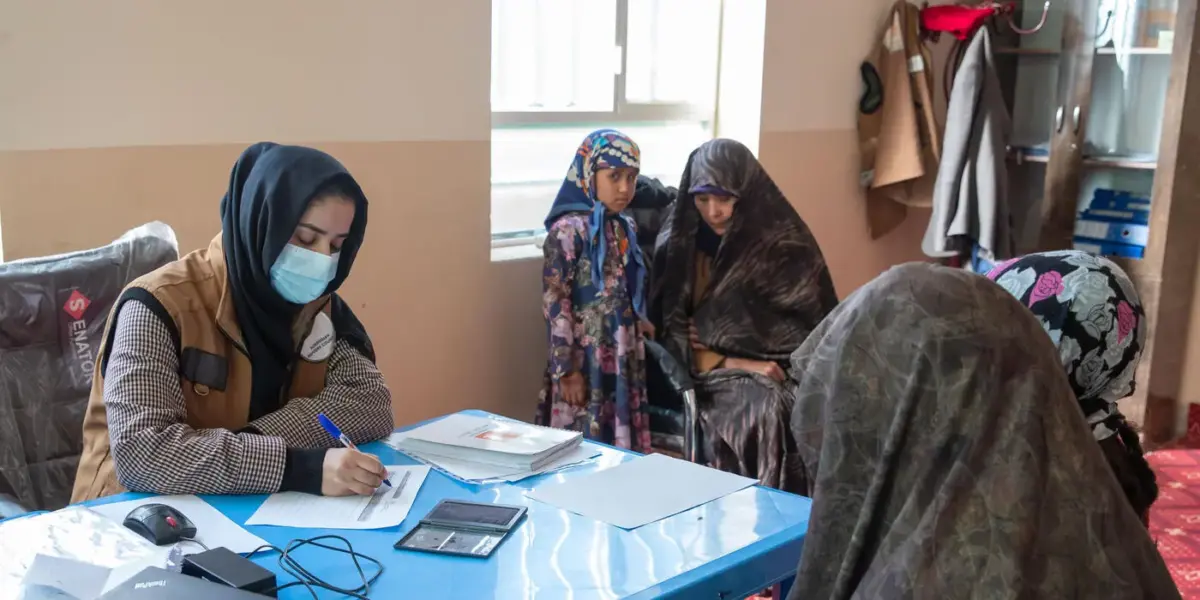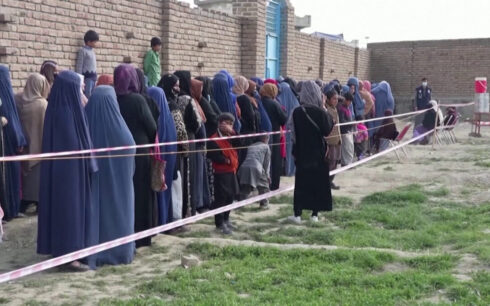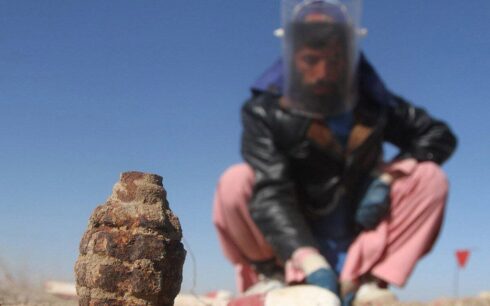KABUL — As World Humanitarian Day is observed, the United Nations Office for the Coordination of Humanitarian Affairs (OCHA) underscores the indispensable role of aid workers in Afghanistan, detailing both their achievements and the formidable challenges they face in delivering life-saving support.
“Aid workers are the backbone of humanitarian operations in Afghanistan,” OCHA states, noting that over 35,000 professionals—mainly affiliated with local and international non-governmental organizations—are essential to providing education, demining, food assistance, health care, protection, psychosocial support, and community outreach in some of the country’s most remote and challenging areas.
“They reach millions of people in need,” OCHA reports, revealing that in 2023, aid workers exceeded their initial target by assisting 32.1 million people, surpassing the planned 21.3 million.
This included delivering food and livelihoods support to 26.3 million people, health care to 16.5 million, and water, sanitation, and hygiene services to 9.9 million. OCHA adds that aid workers aim to reach 17.3 million people in 2024, demonstrating their ongoing commitment despite daunting circumstances.
“Afghanistan has long been one of the most dangerous places for aid workers,” OCHA acknowledges, highlighting the challenges of operating in a country where new obstacles have emerged despite the decline in conflict-related violence.
The agency points out that restrictive measures imposed by the de facto authorities, particularly against women and girls, have severely hampered access to education, public life, and essential services, complicating the work of humanitarian teams.
“Their commitment is unwavering,” OCHA emphasizes, commending the resilience of Afghan women aid workers, who continue to provide crucial support to vulnerable communities.
The agency highlights the inspiring stories of women like Atun, Emra, Haya, Nazoana, Noor, Sahar, Shabana, and Zuhra, whose dedication and courage exemplify the spirit of humanitarian work in Afghanistan.
“Aid workers can achieve much more with adequate resources,” OCHA warns, stressing the urgent need for increased financial support.
The agency notes that the 2024 Humanitarian Needs and Response Plan is only 25 percent funded, with $769 million received out of the $3.06 billion appeal. OCHA calls for greater financial commitments to ensure that aid workers in Afghanistan can continue to provide an essential lifeline to millions in need.
As World Humanitarian Day draws attention to global humanitarian efforts, OCHA’s message underscores the critical importance of supporting aid workers in Afghanistan, who continue to deliver vital services under extraordinary conditions.





